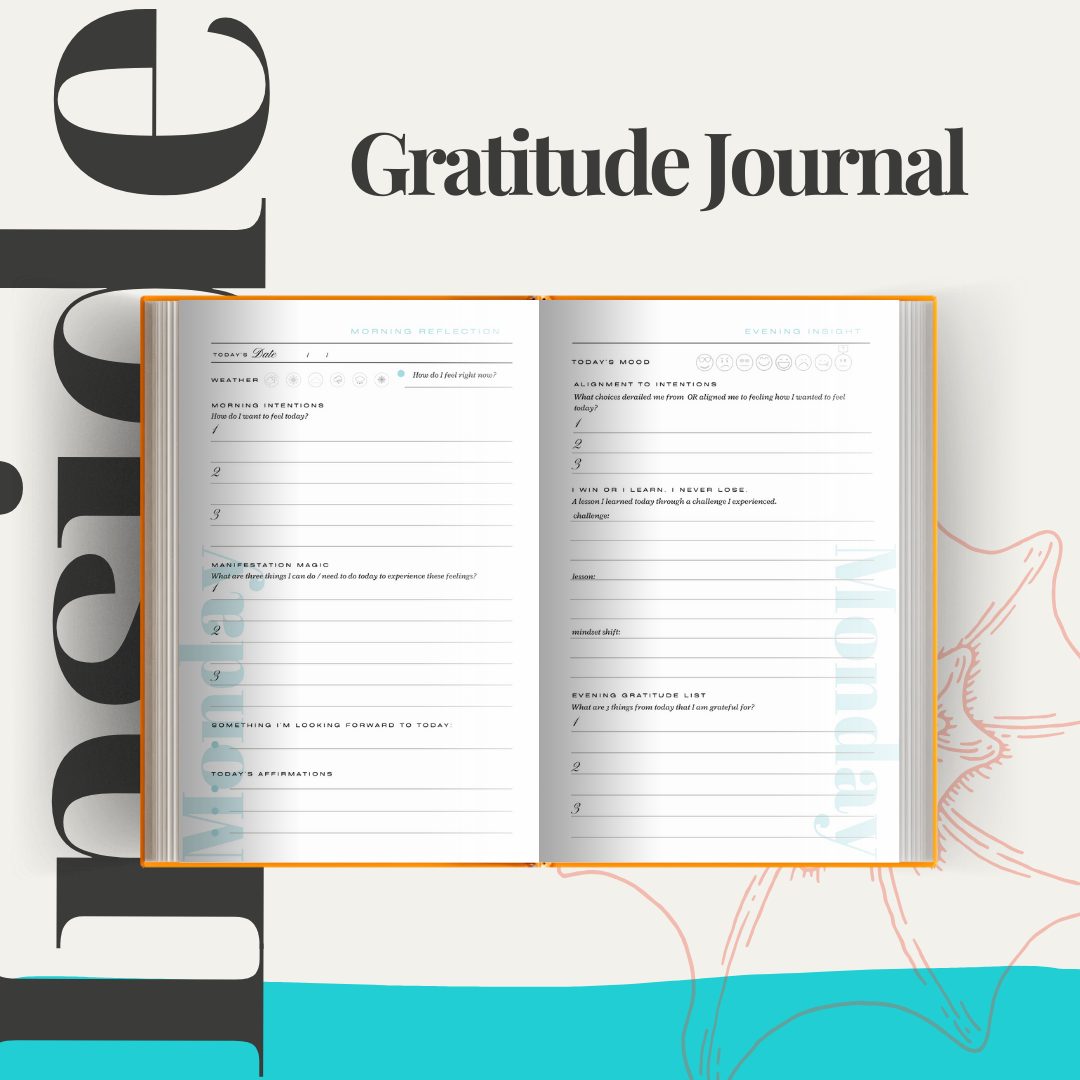But Who Takes Care of the Eldest Daughter?
When saying "No" is not an option.
Let’s be real. For many eldest daughters — especially those in immigrant families — the idea of saying “no” isn’t just unrealistic; it’s borderline offensive. It feels like biting the hand that fed you, the hand that worked double shifts, packed your lunch, and left their entire life behind to give you a better one. That potential No is saddled with so much guilt. You’re not just the eldest daughter; you’re the translator, the cultural bridge, the unspoken “thank you” for every sacrifice your parents made. And so, you keep carrying it all — the family, the dreams, the guilt — because to drop even a tiny piece feels like dishonouring everything they worked for. I see you. It’s not fair, it’s heavy as heck, and yet you also feel a sense of duty to take care of your parents that supersedes all these feelings. So, let’s talk about it. This one’s for the eldest daughters who don’t have the luxury of traditional boundaries.

Responsibility Isn’t a Choice; It’s a Birthright
In immigrant families, being the eldest daughter isn’t just about helping out — it’s a role that’s passed to you like a crown you never asked for. You’re the first line of defense in a world your parents weren’t born into. Need someone to fill out the immigration form? That’s you. Medical appointments? You’re translating terms like “hypertension” and “out-of-pocket maximum” when you’re 14. Your parents don’t understand that weird letter from the IRS? You’ll figure it out.
It’s not their fault, and it’s not yours either. They gave up so much — comfort, familiarity, friends, secure jobs, their own dreams — so you wouldn’t have to. But here’s the catch: their sacrifices sometimes morph into invisible expectations that DO saddle you with a type of guilt that doesn’t give you the freedom to pursue your dreams…
“You’re so lucky we came here.”
“We did all of this for you.”
So, you say “yes” because how could you possibly say “no”? When your parents worked their bodies to exhaustion, how can you complain about being tired? When they sacrificed their youth, how can you ask for yours back? I’ll give you a minute to recover from the gut wrench.
The Guilt That Feels Like a Family Heirloom
Eldest daughters from immigrant families carry more than just logistical responsibilities — we carry generations of dreams, debts, and expectations. The quiet promise goes like this: If I work hard enough, I can make their sacrifices worth it. I can uphold the family honour.
You sacrifice for their sacrifices. You study degrees you don’t really love because “it’ll lead to a good job.” You help your younger siblings achieve the freedom your parents wanted for you, even if it means giving up your own. You watch your parents struggle with the language, the system, the culture, and you think, I have to help. I owe them that much.
And the guilt? It’s omnipresent. If you choose yourself — even for a second — it feels like betrayal. If you put yourself first, it feels like you’re abandoning the people who held you together.
The Emotional Toll: “Strong” Doesn’t Mean Invincible
Let’s get one thing straight: being “the strong one” is not the flex people think it is. Eldest daughters in immigrant families are often expected to be strong for everyone. You are the fixer, the problem-solver, the one who “figures it out.”
But when your family relies on you for so much, who do you rely on? When you’re translating conversations with doctors about your parents’ health, or handling your sibling’s school issues, or juggling bills that don’t even have your name on them, who asks how you’re holding up?
Being strong doesn’t mean you’re not exhausted. It doesn’t mean you don’t cry in the car or stare at the ceiling at night wondering if you’ll ever get to live a life that’s truly yours.
The Unseen “Second Childhood” You Never Got
Here’s a harsh reality: for many eldest daughters, childhood ended way too soon. You weren’t just a kid. You were the babysitter, the homework helper, the emergency contact when your parents’ English wasn’t good enough to argue with the utility company. You didn’t get the luxury of rebellion or carelessness.
While other kids were out asking their parents for lunch money, you were filling out bank forms. While other teenagers were picking prom dresses, you were picking up groceries and making sure your siblings were fed.
And now, as an adult, that “second childhood” — the carefree time you didn’t get the first time around — feels like a pipe dream. You watch others in their 20s and 30s chasing joy and freedom, and you can’t help but feel a little bitter.
What about me? When do I get to live my life?
You sacrifice for their sacrifices. You study degrees you don’t love because “it’ll lead to a good job.” You help your younger siblings achieve the freedom your parents wanted for you, even if it means giving up your own. You watch your parents struggle with the language, the system, the culture, and you think, I have to help. I owe them that much.
The Day I Spoke Up…
In many immigrant families the investment into your education and sacrifices made to achieve that education are seen as an investment by your parent for their retirement. The thinking is: if they raise successful children who specialize in engineering, law, or medicine, (the secure career fields) this will ensure that their kids will never want for anything after the parents are gone, and that the parents will be taken care of take care of after they are too old to work. Our parents see this as a secure way to build a family foundation and legacy – one that they had to give up when they immigrated to give you a better life. No biggie. No pressure. You can start to understand where the guilt, overwhelm and feeling of helplessness to pursue your dreams comes from…
But Who Takes Care of the Eldest Daughter?
Here’s the truth: no one hands you “care” on a silver platter. Not when you’ve been so good at carrying it all. People look at you and see competence, not exhaustion. They see strength, not vulnerability. And they assume — because you’ve always been so reliable — that you don’t need help.
But here’s what I want you to hear: you matter, too. Your life matters, too. Your dreams, your energy, your joy — they’re not less important just because your family needs you. And while you may not have the luxury (nor the desire) of fully stepping away, you do have the right to carve out space for yourself within the chaos.
Finding Care in the Smallest Moments
When saying “no” isn’t an option, sometimes you have to start smaller. You’re not abandoning your family by choosing yourself a little. In fact, if you burn out completely, you can’t take care of anyone — not even them. So here’s what that might look like:
-
Reclaim 15 Minutes of Your Day
I know — it sounds almost ridiculous. But when you’re stretched thin, 15 minutes is everything. Drink your coffee while doing nothing else. Take a walk, even if it’s just around the block. Close the door, breathe, and let your mind rest. -
Speak Up About the Invisible Work
You don’t have to drop all your responsibilities, but you can let people see the weight you’re carrying. Tell your parents or siblings, “I’m exhausted today — can I have help with dinner?” It might feel uncomfortable, but they need to know you’re not a machine. -
Let Yourself Dream, Even a Little
Maybe you can’t drop everything and travel the world (yet), but you can let yourself have goals that are yours. Take that dance class (probs on the QT). Start that creative project. Your dreams don’t have to take a backseat forever just because you’re helping others. -
Find a Support System
Maybe your family doesn’t always understand what you’re going through — but someone out there will. Talk to friends who get it. Share your frustrations with people who won’t judge you for feeling “ungrateful.” Sometimes it’s easiest to speak to a stranger. You don’t have to hold it all inside. -
Rest Without Guilt
You don’t have to earn your rest. You don’t need to justify taking a break. You’re allowed to close your eyes, put your phone on silent, and exist without being useful to someone else for a minute.
Breaking Generational Patterns (One Tiny Step at a Time)
It’s okay to want a life of your own. That doesn’t mean you love your parents or your family any less. Nor does it mean you aren’t incredibly grateful for all the sacrifices they made for you. And it also doesn’t mean that you can’t be successful pursuing something of your choice and still retire your parents comfortably. It just means you love yourself, too.
And maybe — just maybe — by choosing yourself a little more, you can start to break the cycle. You can show your siblings, your future children, and even your parents that it’s okay to rest. That it’s okay to dream and pursue that dream. That being “strong” doesn’t mean carrying everything alone.
You Deserve Care, Too
If no one has told you this today, let me be the one: you are enough. You’ve done so much, and you don’t need to keep proving your worth by running yourself into the ground.
It’s not selfish to want joy. It’s not ungrateful to need help. You’ve carried so much for others. Now, it’s time to let someone — even if it’s just yourself — carry a little of you.
You are not just your family’s translator, fixer, or thank-you card for their sacrifices. You are your own person. You are deserving of softness, freedom, and care.
So, dear eldest daughter, take a deep breath. You are seen, you are loved, and you deserve to rest. And as always, until next time: remember to be kind to yourself and those around you!
